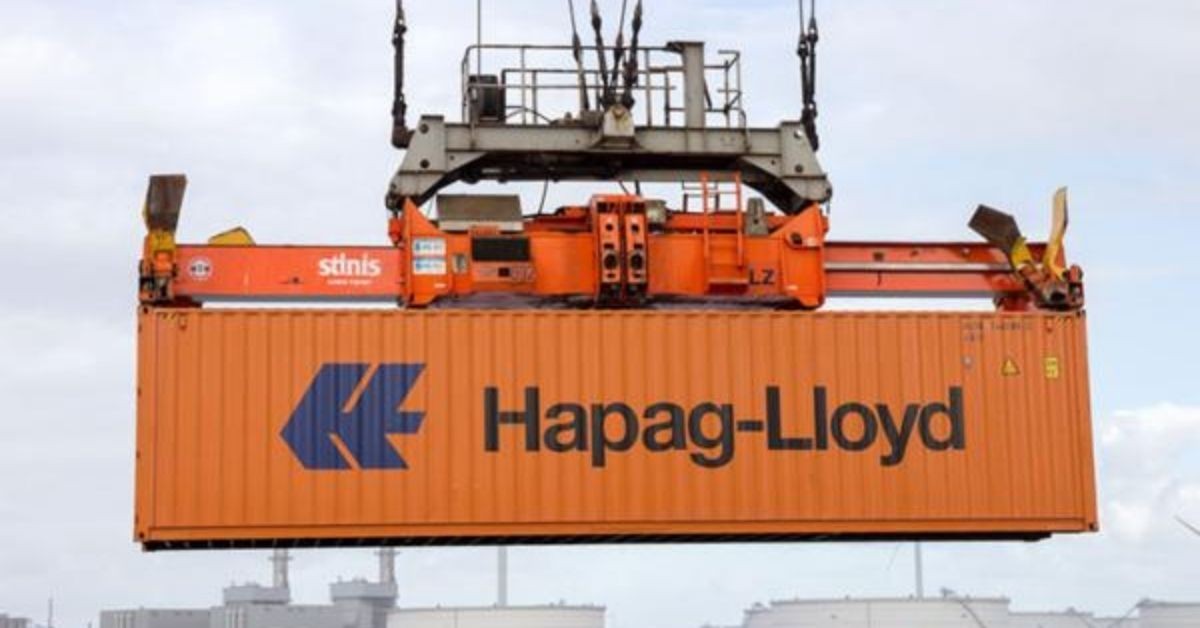Following the signing of a contract between DHL Global Forwarding and the German box carrier, Hapag-Lloyd will carry DHL shipments using advanced biofuels. Advanced biofuels will be used by Hapag-Lloyd to transport 18,000 TEU of DHL’s volume, which will result in a reduction of 14,000 tonnes of well-to-wake CO2 emissions. These are all direct emissions from vessel operation including upstream emissions.
“The decarbonisation of heavy transport is an important challenge that the entire industry needs to rethink. That is why we are very proud to have found a partner in Hapag-Lloyd that shares the same ambitions for a climate-neutral world as anchored in the Paris Agreement,” said Dominique von Orelli, global head of ocean freight at DHL Global Forwarding.
“Together we want to pave the way for Book & Claim and insetting mechanisms to make it easier for shippers to use sustainable fuels,” he added.
Advanced biofuels are based on raw biological materials such as used cooking oil and other waste products. This material is used to make a fatty acid methyl ester (FAME), which is then blended with varying proportions of low sulfur fuel oil.
It is important to note that compared to standard fuels, this pure biofuel product reduces greenhouse gas emissions by more than 80%.
“We are very happy to have signed this contract on using a considerable amount of advanced biofuel with DHL, as we both share the values and ambition to protect our environment and move towards a greener future,” said Danny Smolders, managing director of global sales at Hapag-Lloyd.
He went on to comment, “Biofuel will play a significant role in the upcoming years on our path to becoming net-zero carbon by 2045. This project will bring us a step closer to offering our customers biofuel-powered transportation as a commercial product and thereby to supporting them in their efforts to reduce their carbon footprint.”
Hapag-Lloyd tests advanced biofuels in the last two years and offers a carbon-reduced transport solution using biofuel blends instead of traditional fossil marine fuel (MFO).
Through the GoGreen Plus service, DHL offers various solutions to minimise logistics-related emissions and other environmental impacts throughout the supply chain.
To reduce CO2 emissions in line with the Paris Climate Agreement, DHL will spend €7 billion on sustainable fuels and clean technologies by 2030.








